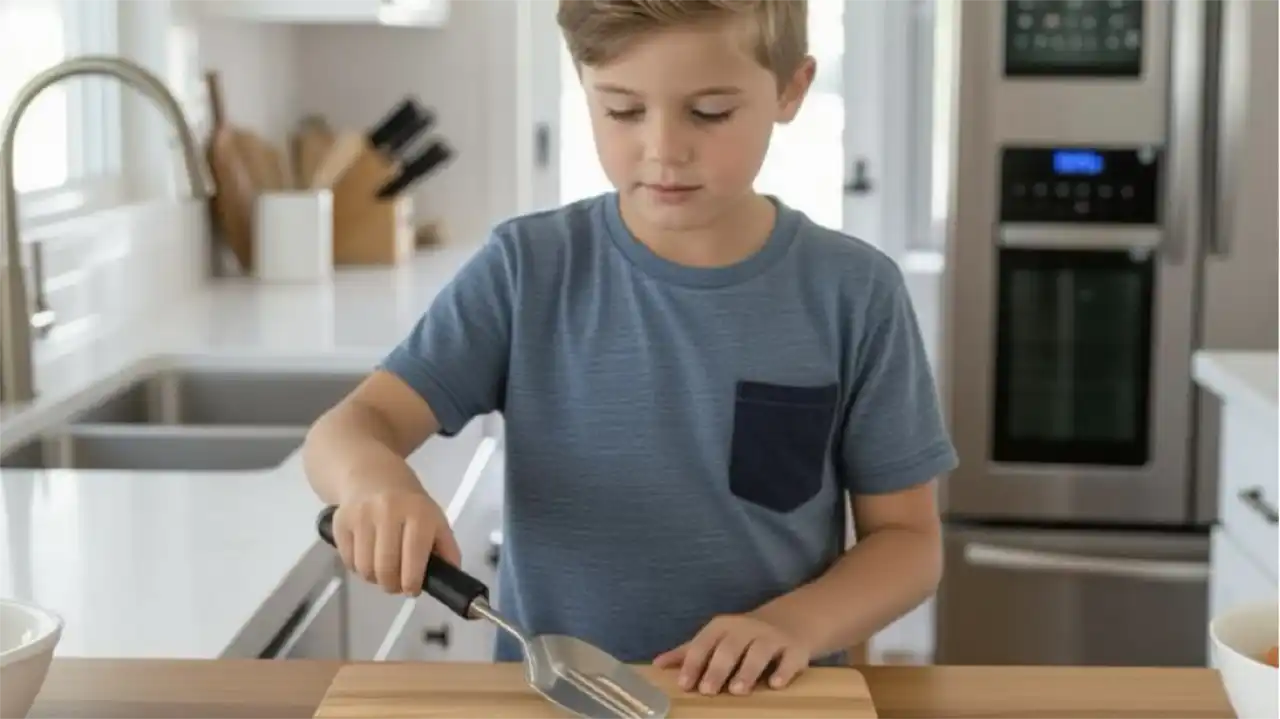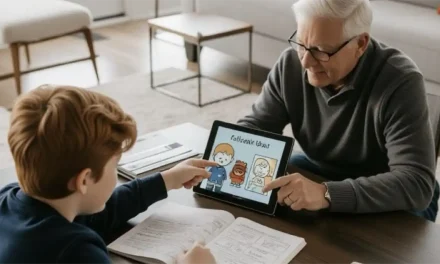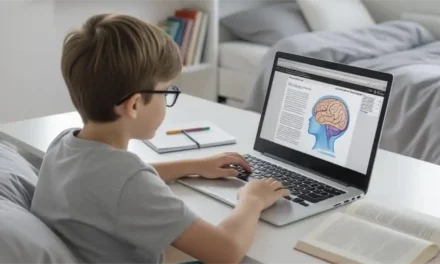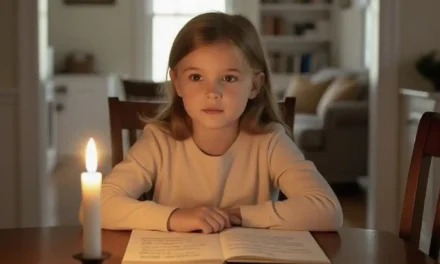
Sparking Wonder: Encourage Their Guesses
K
ids often hesitate when they don’t know the answer. They look for a cue, a nod, a hint. But guessing is how the mind stretches. When we treat wrong answers as detours rather than dead ends, children learn to think more boldly. In Paris’s cafés, ideas were tossed into the open—unfinished, uncertain, alive. That’s how good thinking grows. Ask your child, “What do you think it might be?” even when neither of you knows. You’re not rewarding guesswork—you’re honoring the courage to begin.
One morning, my son held up a strange kitchen tool. “What’s this?” he asked. I almost told him. Instead, I said, “What do you think it does?” He turned it over, poked at it, and guessed—“Maybe something for eggs?” We tried it out. He wasn’t far off. That small guess gave him more than an answer. It gave him permission to explore. A few days later, he guessed again—at a new word, a story ending, a math puzzle. Not always right. But always willing to try.
The next time your child hesitates, invite a guess. Ask what they think—not as a test, but as an opening. Let the guess be playful, incomplete, even wild. You can always circle back to the facts. What matters is keeping the channel open. In a world that often punishes uncertainty, you’re teaching them that thinking out loud is allowed—and that their ideas are worth voicing, even when they’re still taking shape.
Sparking Wonder

Sparking Wonder: Share Your Wonders
Share what amazes you. Modeling wonder invites your child to explore with openness, imagination, and emotional connection.

Sparking Wonder: Celebrate Their Marvels
Celebrate the wonders children discover. Encouragement strengthens curiosity, emotional connection, and joyful learning.
Table of contents

Primordial Soup for the Mind: Navigation
Navigate the book Primordial Soup for the Mind.
TIPS
- Ask your child what they think before offering an answer.
- Let them explore a guess—even if it’s off.
- Show your own guesswork and how you adjust when new info comes in.
ACTIVITIES
- Why Game: Take turns asking “Why do you think…?” questions. Let your child answer first, then wonder together.
- Maybe Chart: Write down two or three guesses for a question, then look up the answer and compare. Talk about what made each guess reasonable.
EXAMPLE
My son guessed that yellow leaves meant the tree was thirsty. He wasn’t wrong—but he wasn’t fully right either. Still, that guess opened the door to science, and showed him his thinking had weight.

Download “Primordial Soup for the Mind: A Parent’s Guide to Nurturing Intellectual Growth”
Enter your information to get this article and hundreds more as part of the FREE book Primordial Soup for the Mind.
Share your thoughts with the Thought Academy community in the Comments section below.

Sharpen those skills!
Enter your information to get our FREE practice exercises so you can hone your critical thinking and reasoning skills!







0 Comments